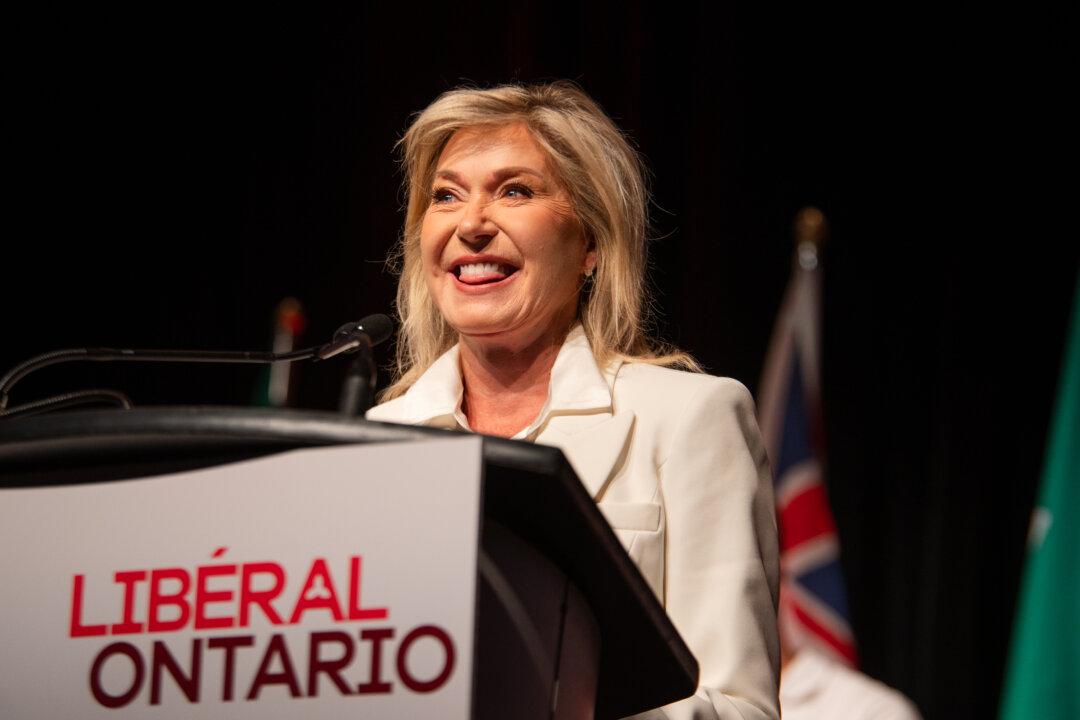OTTAWA—The Canadian government publicly says it does not negotiate with terrorists, but the private reality may well be more flexible.
Prime Minister Justin Trudeau said earlier this week that Canada “does not and will not” pay ransom to terrorists. He was responding to questions about the death of Canadian John Ridsdel, who was killed Monday, April 25, by Abu Sayyaf militants in the Philippines after more than six months of captivity.
Nonetheless, the question of whether governments acquiesce to the demands of terror groups is likely to remain an open one.
Canadians abroad are not immune to being kidnapped for financial gain or for political or propaganda purposes, says Public Safety Canada’s 2014 report on terrorism.
“Ransom money is often used to help fund terrorism-related activities, including recruitment, arms procurement, training camps, terrorist attacks, and furthering political agendas,” the report says.
The report insists the federal government’s approach to kidnapping respects firm principles: no policy changes, no prisoner exchanges, no immunity from prosecution, and no ransom payments.
The Abu Sayyaf militants who murdered Ridsdel had demanded a huge ransom for him and three others.
The federal travel advisory website says that if a Canadian abroad is the victim of a hijacking, hostage-taking, or kidnapping, Canadian consular officials can “work closely with local authorities to facilitate an early and safe release,” and maintain contact with a designated family member to keep them informed.





